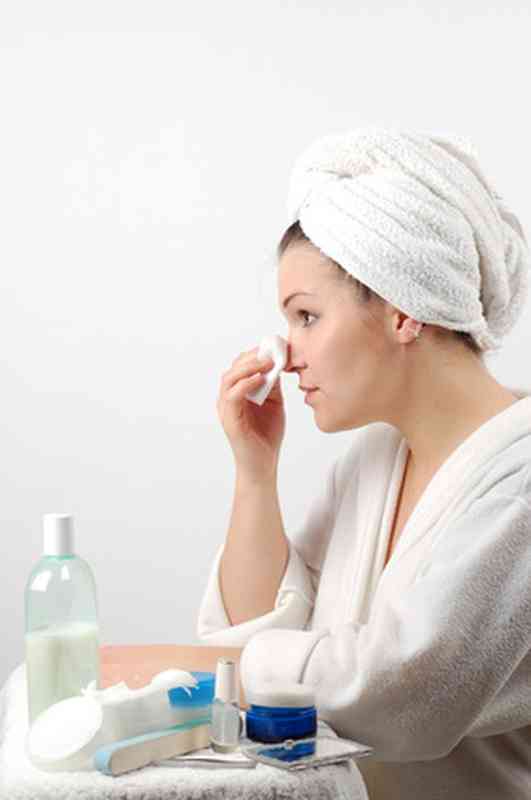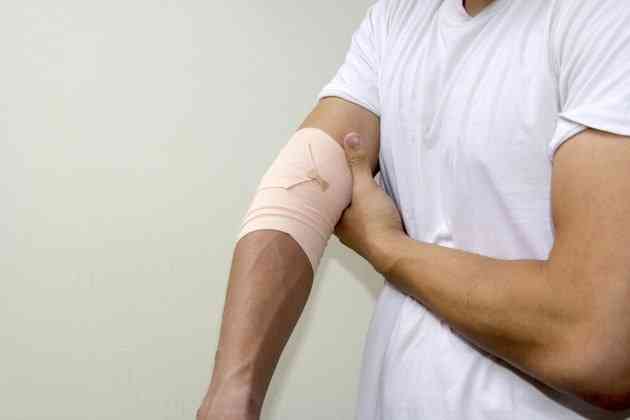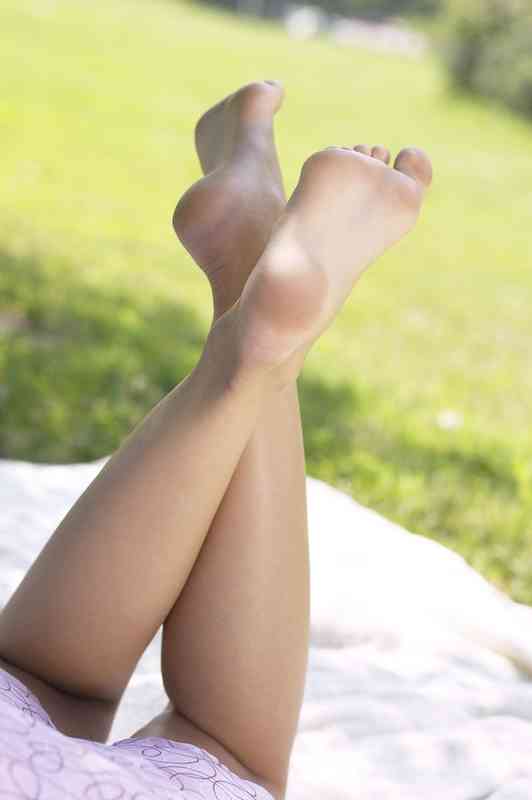The Best Pacifiers for a Breastfed Baby

Pacifiers do just that -- they pacify fussy babies, using the natural sucking instinct to sooth and comfort. More importantly, pacifier use helps reduce the risk of SIDS, Sudden Infant Death Syndrome, when given during naps or bedtime, according to the American Academy of Pediatrics. Although breastfeeding mothers may hesitate to use a pacifier because of nipple confusion, pacifier use isn't likely to interfere with breastfeeding if it's done correctly. In fact, the method is more important than the specific product.
 Baby with pacifier in mouth (Image: Fuse/Fuse/Getty Images)
Baby with pacifier in mouth (Image: Fuse/Fuse/Getty Images)It's Personal, Baby
No one pacifier is better for a breastfed baby than another because all babies have different preferences when it comes to the shape, size and feel of a pacifier, according to Barton D. Schmitt, MD on the Children's Physician Network's website. Some pacifiers have smaller nipples to better fit a newborn's mouth. Some are shaped to mimic a woman's breast. Others are slanted in a way that promotes proper jaw growth and alignment.
Materials Matter
One thing that does matter is the nipple's material. Consumer Reports recommends silicone nipples over latex nipples in part because some babies may develop an allergy to latex. In addition, latex nipples break down more quickly than silicone nipples, which can create a choking hazard. Pacifiers with soft shields are less likely to irritate your baby's sensitive skin, although they won't likely hold up as well as pacifiers with hard shields. All shields should have ventilation holes in case the pacifier gets stuck in the baby's mouth. Finally, stick with the simple and avoid anything with decorative accents such as glitter, which can chip off, or pacifiers that are attached to a string, which can pose a choking hazard.
Timing Is Everything
A breastfed baby should not be given a pacifier before he is four to six weeks old according the American Academy of Pediatrics. A common reason for delaying pacifier is nipple confusion, which is when the baby has trouble nursing because the breast's nipple and the pacifier's nipple are different from one another. However, a study done in 2010 at Oregon Health & Science University Doernbecher Children's Hospital showed no link between pacifier use and difficulty breastfeeding. In fact, babies who did not use pacifiers were actually less likely to be exclusively breastfed. Still, pacifier use should be put off at least until the mother's milk supply is well established, but this is because the sucking motion of nursing stimulates milk production. The more a baby sucks on the mother's breast rather than a pacifier, the more milk will be likely be produced, giving both baby and mother a good start to breastfeeding.
Ages and Stages
As a baby grows, he will become more comfortable breastfeeding, and he will be able to use different pacifiers with ease. Many pacifiers are labelled for certain ages -- larger for older babies, or differently-shaped for babies who are starting to sprout teeth. An older baby may become attached to one particular type of pacifier or even to a certain pacifier. The American Academy of Pediatrics recommends babies be weaned from pacifier use as soon as possible after the age of 6 months -- babies who use pacifiers after the age of 6 months are more likely to develop middle ear infections, especially if they use pacifiers while sleeping.
Safety Tips
If you've ever quickly sucked on your baby's pacifier to clean it, you are not alone, and you may have actually helped strengthen your baby's immune system: A study published in 2013 in "Pediatrics," a journal of the American Academy of Pediatrics reported that babies whose parents licked their pacifiers were less likely to suffer asthma, allergies and eczema. Still, it's best to clean the pacifier frequently with hot water and soap or even by running it through the dishwasher. As you clean it, check it for cracks or loose edges, and discard it if you find flaws or it could present a choking hazard. Never give your baby a pacifier in lieu of a meal. Finally, never tie a pacifier, or anything, to the crib or put it or anything else on a string around a baby's neck.




